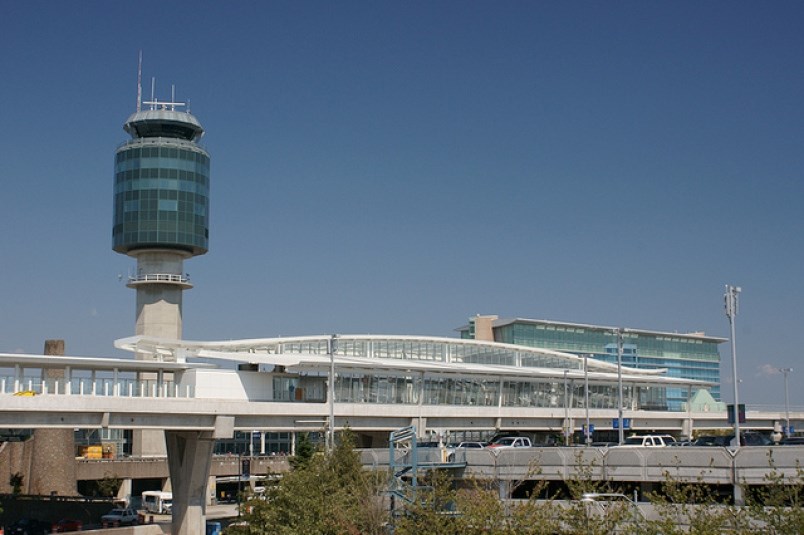Vancouver International Airport again broke its own record for highest annual number of passengers in 2017, with 24 million people travelling through YVR last year - an 8.4% increase over 2016 and beating the airport’s own projections.
At this rate, YVR will likely breach its projected goals of 25 million passengers - originally forecasted by 2020 - this year or next, said Vancouver Airport Authority president and CEO Craig Richmond. The new forecast, with 2017’s record numbers now included in the analysis, calls for 29 million by 2020 and 31 million by 2022.
Richmond contributed the high growth rate to a number of factors: A strong B.C. and Canadian economy, macro trends in global travel, and YVR’s own highly competitive rate program for airlines - which helped attract a number of new airlines, routes and frequencies to use Vancouver as a hub or destination.
The YVR chief executive was especially enthusiastic about the load factor - or how full an aircraft is, in terms of passengers, with the airport’s flights: “In the past, we were seeing 70-75%, which is great. We are now seeing 91% full on flights to Europe and 86% full to Latin America. These are incredible numbers… if I sound a little startled, that’s because I am. YVR is the fastest-growing airport in North America.”
The higher-than-expected growth rate will mean a number of changes at the airport. In addition to the use of self-service border kiosks to reduce wait times for all international travellers, Richmond said YVR will spend $12 million on a bus stand for “Remote Stand Operations” - or the use of luxury electric buses to transport passengers to and from aircraft parked on the tarmac and the terminal building without using a conventional gate.
A conventional gate would cost around $50 million, officials say.
“This growth comes with issues,” Richmond said. “I refuse to call them problems… these are growth issues, and we have to think of some innovative ways to get around it. (Busing operations) are actually pretty common at major airports around the world like Frankfurt, Amsterdam and Singapore… it’s about a quarter of the cost, and it’s a lot faster.”
YVR is also planning to spend $1.7 billion in the next three years on capital projects, including the Pier D expansion at the international terminal slated to open in 2020 for eight additional aircraft spaces.



